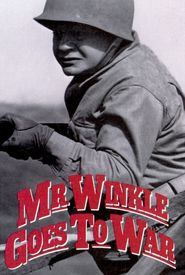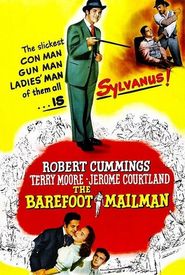Theodore George Pratt was born on April 26th, 1901, in Minneapolis, Minnesota, to Thomas A. Pratt and Emma R. Pratt. His father, born in Ontario, Canada, emigrated to the United States in 1892, while his mother was a native of Minnesota, marrying his father in 1898. By 1920, Pratt's family had relocated to New Rochelle, New York, where his father worked as a sales manager for a local firm.
Pratt attended Colgate and Columbia universities, simultaneously pursuing a career in writing as a newspaper columnist and reader for a movie company. In 1923, one of his first plays, "The Revolt of the Mummies", was performed by the Huguenot Players of New Rochelle. Pratt later traveled to Europe, where he worked as a foreign correspondent for The New York Sun and contributed to The New Yorker.
In 1933, Pratt wrote an article for H.L. Mencken's American Mercury, detailing his experiences on the Spanish island of Majorca. After being deported as an undesirable alien, Pratt returned to the United States and settled in Florida, where he began writing novels.
Throughout his career, Pratt penned many popular books and plays, but he is most renowned for his trilogy about the state of Florida: "The Barefoot Mailman" (1943),"The Flame Tree" (1950),and "The Big Bubble" (1951). During his research for one of his books, Pratt became lost in the Everglades for a day and a half. Pratt's works chronicled the period in Florida's history from 1886 to 1927, witnessing the transformation from a frontier wilderness to an opulent civilization.
However, Pratt believed that Florida's apex occurred when the Seminole Indians inhabited the land. Pratt passed away on December 15th, 1969, in Delray Beach, Florida, due to a heart attack, leaving behind his wife, Jackie, and a sister.
























